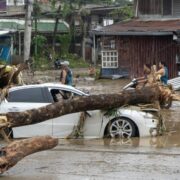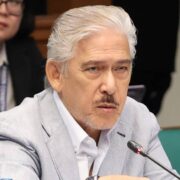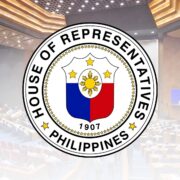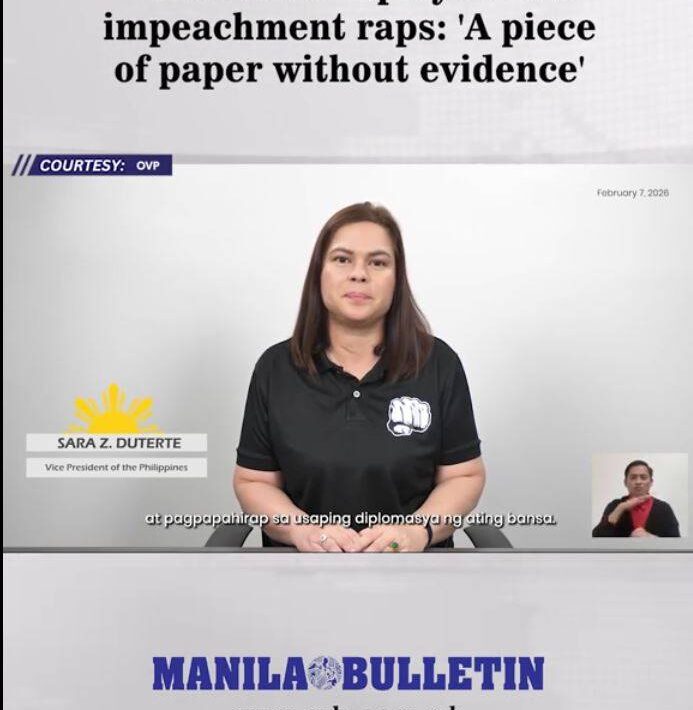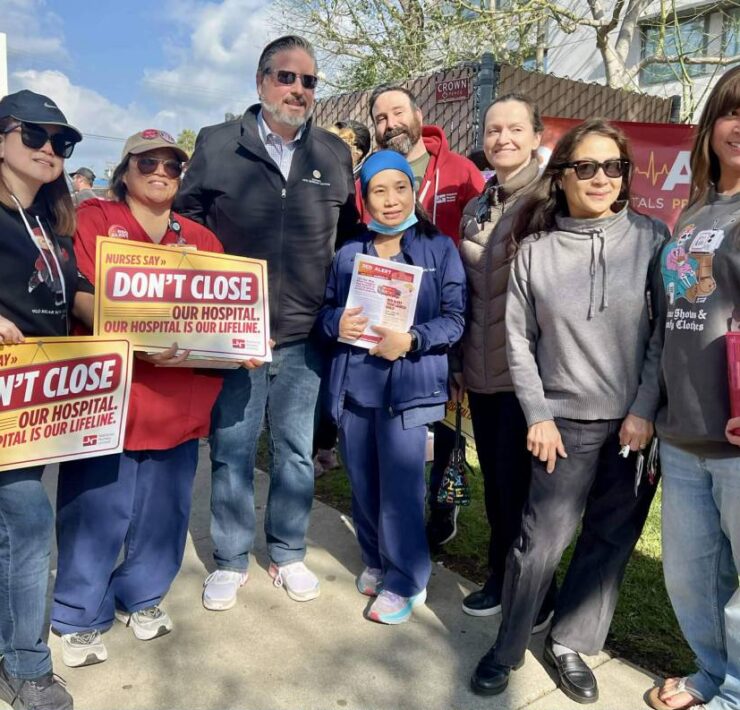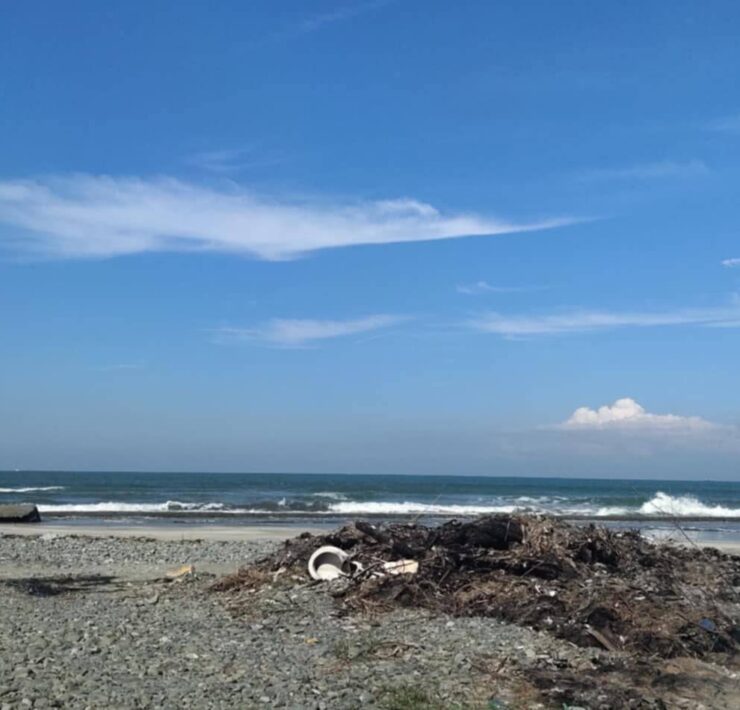Don’t waste the anger
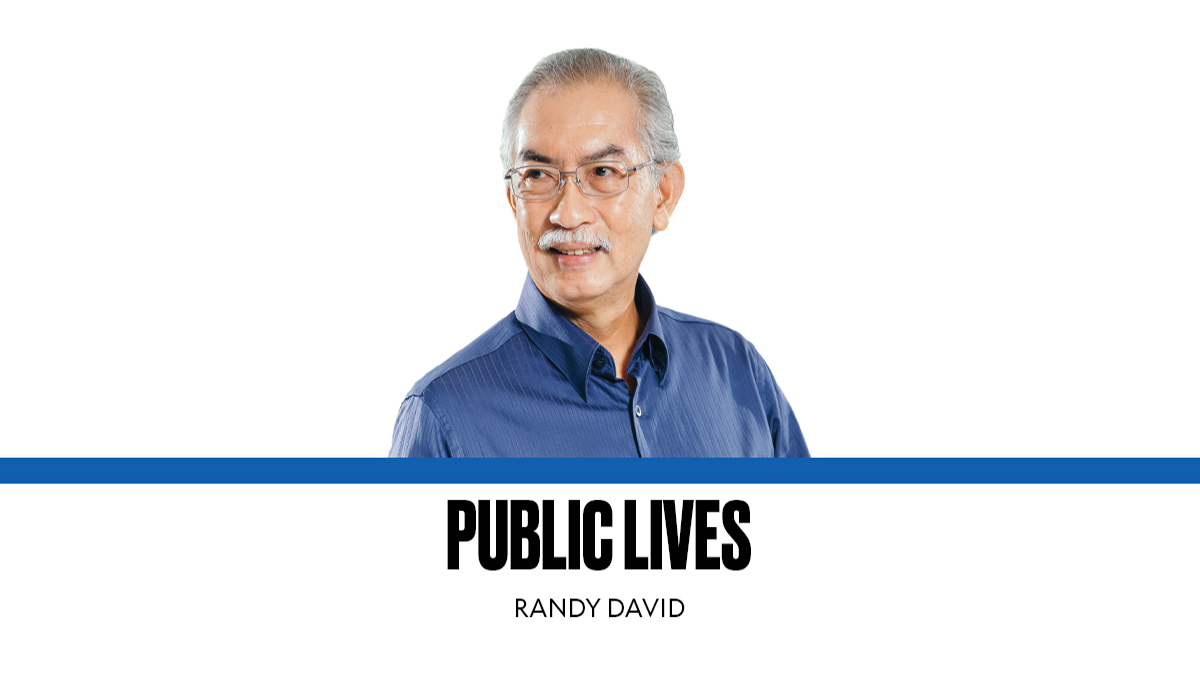
The nation may appear politically, economically, and culturally divided. But on one thing there seems to be agreement: the people are angry—very angry. They feel betrayed by their government. They look at their leaders’ possessions and lifestyles, then look at their own. The difference is so stark that they cannot be blamed for thinking that all that opulence has come from their taxes—or worse, from borrowed money their children and grandchildren will have to repay.
Filipinos have long accepted that people in government enjoy certain privileges not available to ordinary citizens. But how much is reasonable before it becomes excessive has never been clearly spelled out. As soon as they sense it, however, people give it a name: corruption. What once elicited aspirational awe suddenly feels like theft. Social media has made this shift more visible than ever, as admiration morphs into a potent retroactive rage that is difficult to contain.
At that point, it no longer matters whether the wealth was acquired legally or illegally. In an unjust society, the line between the two is blurred. As St. Augustine warned: “Without justice, what are kingdoms but great robberies?” For Aristotle, every use of public power for private ends is corruption.
The September 21 rallies gave us a preview of where public anger can lead. Every organized force in the country is now seeking to harness it. Where this energy will take us is uncertain. What matters more is what we want to happen next—and how we intend to bring it about.
The Marcos administration wants to keep the anger alive, but under control, so it can immobilize its political enemies—notably the remnants of the Duterte regime. At the same time, it seeks to purge its own ranks of officials whose greed it can no longer defend, not because it has developed an ethical skin, but because the specter of removal from power before the end of its term has become plausible.
On the other side are the Duterte forces, still smarting from the sudden arrest and detention of their leader on orders of the International Criminal Court last March. Their sole agenda is to delegitimize Marcos Jr. and replace him with the constitutional successor, Vice President Sara Duterte. Outside of impeachment, they cannot do this without the tacit support of the military and the cooperation of the middle classes. Otherwise, they will have to wait until 2028. For now, they want to keep the spotlight on the Marcos administration’s culpability in the flood control scandal, hoping to sustain public anger until the next election.
Here the country’s middle forces—students, young professionals, the business community, the faith groups, the academe—together with working people, are positioned to be the fulcrum in this contest. Yet this prospect does not appeal to them. They fought both Marcos and Duterte in 2022, when the two forces were still united. They do not want another Duterte in Malacañang. Neither do they want another Marcos, or anyone beholden to either clan, to take over.
What they desire, more than the end of these two dynasties and their little incarnations in the provinces, is the cleansing of a political system corroded by patronage and authoritarian tendencies. They want the restoration of checks and balances and the strengthening of a deliberative democracy. Out of the current crisis, they hope to see not just new leaders but also new citizens—a political ethos where governance is a shared responsibility.
Unlike formal democracy, which revolves around electoral rituals, deliberative democracy stresses public reasoning and inclusive participation in decisions that bind everyone. Our Constitution and statutes already provide for this, the Local Government Code being a prime example. What is different today is that the tools that make this more realizable—the internet and social media—are widely available.
Last week’s demonstrations were only the face-to-face extension of a discussion that has long been taking place online. Legislators conducting hearings on flood control cannot be unaware of the real-time commentary from citizens following the proceedings. Viewers can tell when witnesses are being coached, when lies are being told, and whose interests are being protected.
For all these reasons, there is much to hope for. Anger alone will not save us. But if it is turned into vigilance, solidarity, and the courage to imagine a different politics, then this moment of fury may yet become the beginning of something better.
—————-
public.lives@gmail.com






